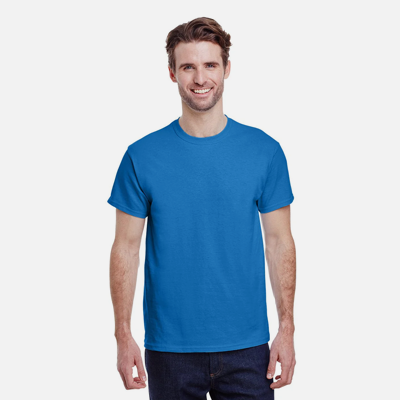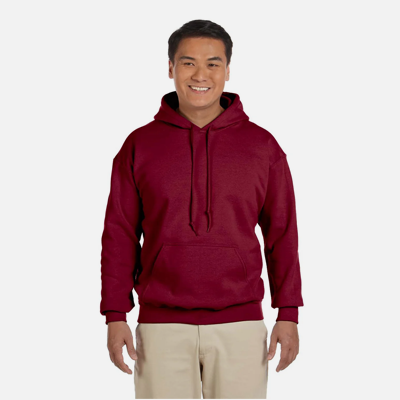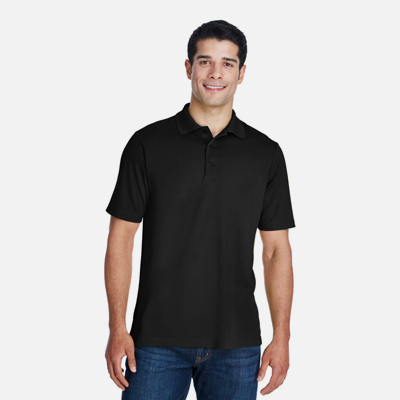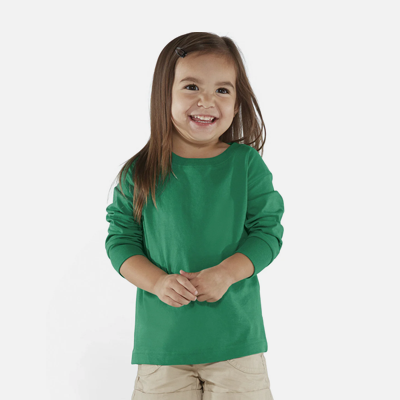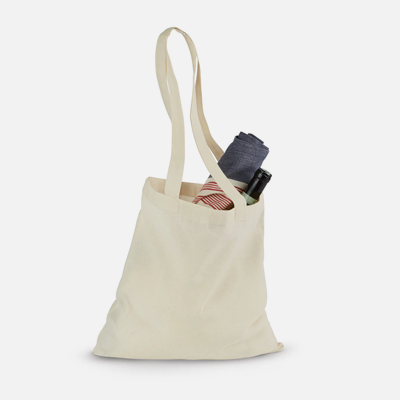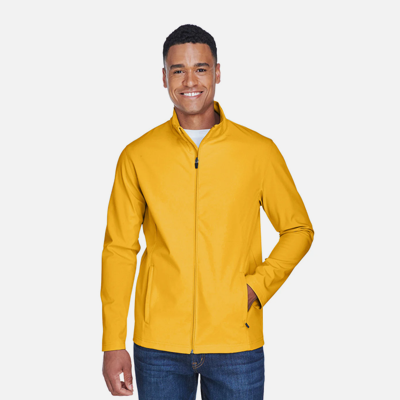Are your custom apparel designs falling flat? If you're looking for a way to make your creations truly stand out in a crowded market, say hello to puff transfers, a game-changing option that lets you rise above the competition.
These innovative heat transfers add a distinctive raised effect to your designs, giving them a tactile, three-dimensional quality that catches attention. This article covers what they are, why they're fantastic, how to use them effectively, and some pro tips for creating successful puffed designs. Let's jump in and discover a new dimension of creativity.
Table of Contents
- What Are Puff Transfers?
- What's So Great About Puff?
- Limitations of Puff
- Colors Available
- Art Prep Instructions
- Application Instructions
- Pro Tips
- Conclusion

What are puff transfers?
Puff transfers are a special type of screen-printed heat transfer that creates a distinctive raised effect on your garments. Unlike standard transfers that lay flat on the fabric, puff transfers pop off the surface, adding depth and texture to your designs. The result is a smooth, naturally rounded feel without harsh edges, creating a unique tactile experience that tends to impress.
How does this magic happen? A special additive is mixed into the ink before printing the transfer films. When exposed to heat during the application process, this additive expands, causing the ink to rise and create that coveted puffy effect. This reaction transforms simple, flat designs into eye-catching, three-dimensional prints.
What's so great about puff?
People love puff transfers for their unique texture and visual appeal. This special effect elevates your designs, giving them a premium, three-dimensional appearance that stands out. The raised surface catches the light in interesting ways, adding depth and character to even the simplest designs. Plus, puff transfer colors are highly opaque, ensuring your artwork looks vibrant against any fabric color.
From a business perspective, puff transfers are perfect for retail, brands, and fashion-forward apparel. They offer a perceived higher value that can command premium pricing.
Puff transfers work exceptionally well with larger text and solid, simple designs, making them ideal for bold logos and slogans. You can combine puff transfers with full-color DTF transfers for truly spectacular results, giving you the best of both worlds: intricate, full-color designs with eye-catching raised elements. More on that coming up.

Limitations of puff
While puff transfers offer unique advantages, it's important to understand their limitations before using them effectively. Here are some key points to keep in mind when working with puff transfers:
- Color options are limited to one or two colors per design. If using two colors, only one can be puffed. The second color will be a standard, non-puff ink.
- Not recommended for fine lines or intricate designs. The puff effect works best with bold, simple graphics. Detailed artwork may lose definition when puffed.
- Does not support gradients, halftones, or photographic imagery. Puff transfers are best suited for solid colors and shapes. Complex visual effects don't translate well to the puff medium.
- The artwork requirements are more stringent. The minimum line weight is 2 points, and the minimum negative space thickness is equivalent to 4 points.
Colors available
We offer a vibrant range of colors for your puff transfer designs. Here's a breakdown of our color options:
|
Puff Colors (1-Color and 2-Color Designs) |
Additional Flat Colors (2-Color Designs) |
|
|

For two-color designs, you can choose one puff color and one flat color. The metallic silver and gold options add an extra touch of sophistication for creating eye-catching logos or special event merchandise.
Art prep instructions
Creating the perfect puff transfer starts with properly prepared artwork. Follow these steps in your design software to ensure your designs are ready for the puff transfer process:
- Choose the right file format
- Recommended formats (vector): PDF, AI, EPS, SVG
- Other acceptable formats (raster): PSD, JPG, PNG, or TIFF
- Note: All files are reviewed to ensure they meet our printing specifications
- Learn more about the difference between vector and raster files
- Set the correct size
- Submit your artwork at the exact size you want it to print
- Make sure any raster files are 200-300 DPI at full size
- No need to upload your artwork in "Mirror Image" - we handle that
- Color separation for two-color designs
- Submit artwork with 2 colors that do not touch or overlap
- Clearly indicate which color should be puff and which should be flat
- Remember: When the puff expands during application, it can distort adjacent flat color areas
- Convert any text to outlines
- Ensure all fonts are converted to non-editable vectors
- This prevents any font substitution issues during production
- Check your line weights
- Minimum line weight: 2 points
- Minimum negative space thickness: equivalent to 4 points
- For best results, avoid fine details and small text
- Keep it simple
- Puff transfers work best with bold, simple designs
- Avoid intricate details, gradients, or photographic elements
- Consider combining with DTF
- For complex designs, consider using a standard DTF transfer for detailed elements
- Use the puff transfer for accent elements or text for a multi-dimensional effect

Application instructions
Applying puff transfers is straightforward, but attention to detail is key to achieving the best results. Follow these steps and pro tips to ensure your puff transfers look fantastic every time.
Basic Application Steps:
- Set your heat press to 350°F (177°C)
- Set pressure to medium
- Place your garment on the heat press
- Position your puff transfer on the garment
- Press for 7 seconds
- Peel the transfer paper hot / immediately after pressing
Pro tips for perfect application:
-
Pre-press your garment: Before positioning the transfer, press the garment for 6-8 seconds. This expels any moisture in the fabric, ensuring better adhesion and puff activation.
-
Skip the cover sheet: Unlike standard transfers, puff transfers do not need a cover sheet to activate properly. They need more direct heat.
-
Remove the platen cover: Remove the cover on the bottom platen of your heat press. This gives the puff ink room to expand during the application process.
-
Smooth, even peel: When removing the transfer paper, use a smooth, even motion for the best results.
-
No second press: Unlike some other transfer types, puff transfers do not require (or benefit from) a second press. One press is all you need.
- Combining with DTF transfers (using both DTF and puff transfers on the same garment):
- Apply the DTF transfer first, following standard DTF application instructions
- Allow to cool completely, and peel the DTF transfer
- Position the puff transfer and apply using the instructions above
- Remember to adjust your heat press settings between applications
Watch our step-by-step 3D Puff Transfer pressing instructions
Elevate your designs with puff transfers
Puff transfers offer a unique way to make your custom apparel stand out. Their raised effect and vibrant colors add a premium touch that can increase the value of your products. While they work best with bold, simple designs, the range of 16 puff colors and 13 additional flat colors for 2-color designs gives you plenty of creative freedom.
Remember, proper artwork preparation and careful application are crucial for achieving the best results. As you gain experience, try experimenting with combinations of puff and DTF transfers for eye-catching, multi-dimensional designs.
Start simple, follow the guidelines we've provided, and don't hesitate to reach out if you need help with artwork setup or project planning. If you need high-quality blank apparel, Ninja Blanks has you covered. When you're ready to watch your designs rise above the rest, use puff transfers and give your customers something they can feel excited about.




